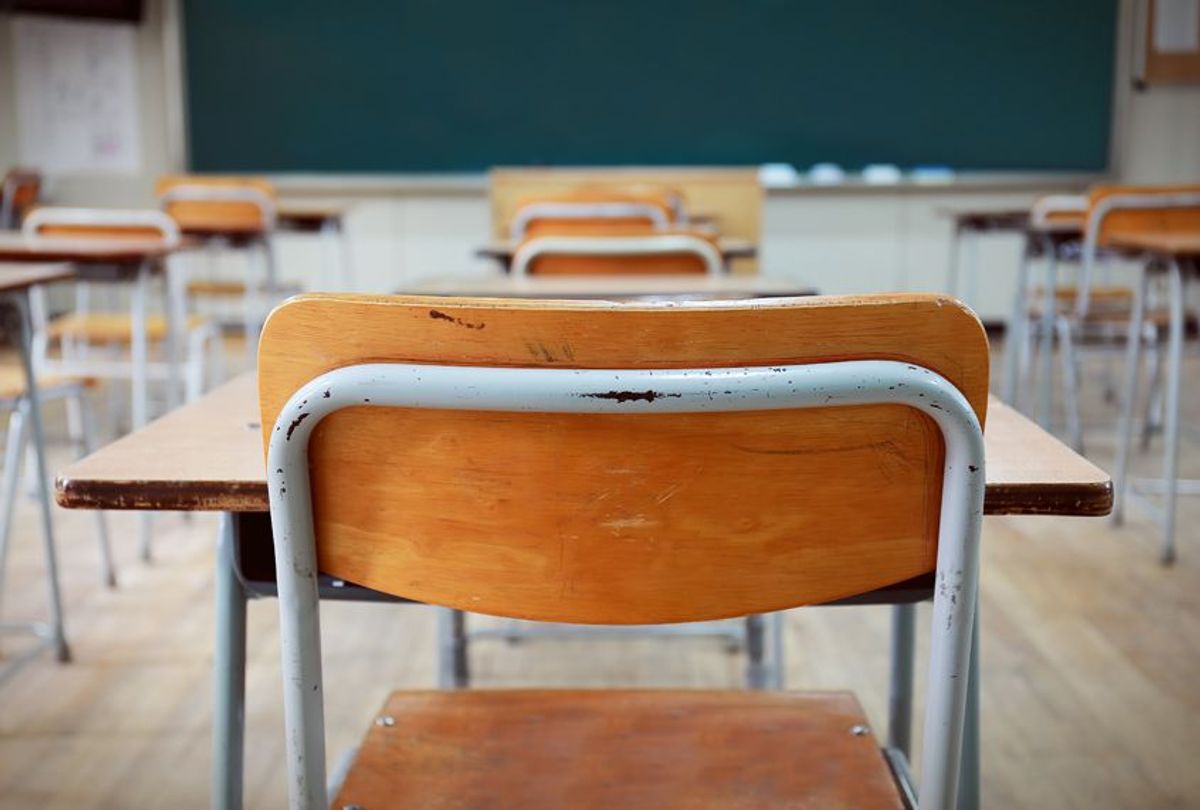Private school voucher programs have been a controversial topic for years, and the concept is traditionally most popular amongst conservatives. President Donald Trump's administration plans to overhaul the nation's education system to push school-choice programs. But a recent analysis shows that "vouchers worked best when enrollment from voucher students was kept low."
Milwaukee is home to the nation's pioneer school vouchers program, which began nearly 30 years ago. The Wall Street Journal looked at the successes and failures of the programs.
The WSJ analysis showed that the differences in performance of students from public and private schools is far more marginal than one may have thought and what's often been advertised by Republicans.
WSJ elaborated:
A Wall Street Journal analysis of the data suggests vouchers worked best when enrollment from voucher students was kept low. As the percentage of voucher students rises, the returns diminish until the point when there is little difference between the performance of public and private institutions. The vast majority of private schools participating in the program today have high percentages of publicly funded students.
The city’s nearly 29,000 voucher students, on average, have performed about the same as their peers in public schools on state exams, the analysis shows. The successful voucher students, who often performed better than their public-school peers, were mainly found at private schools that worked to balance numbers of voucher students and paying ones.
Vouchers are often described "as coupons, backed by state dollars, that parents can use to send their kids to the school of their choice, even private, religiously affiliated schools," NPR reported. "The money is all or some of what the state would have otherwise spent to educate the child in a public school."
Voucher programs around the country have generated similar results as Milwaukee, even though "no other voucher program in the U.S. targeting poor children and underperforming schools has penetrated as deeply or been around as long," the WSJ reported. Washington D.C. and 13 states across the country use voucher programs and served about 175,000 students last year.
WSJ elaborated:
The Journal reviewed standardized test scores of statewide voucher programs in Wisconsin, Louisiana and Ohio and voucher programs serving the cities of Racine, Wis., Cleveland and Washington, D.C., that had available data for comparison. All serve low-income students or struggling schools, or both. The review didn’t include about a dozen voucher programs that only serve special-needs students because testing requirements vary greatly.
The Journal’s analysis of test results showed the majority of the voucher programs, when compared with public schools, had outcomes similar to those for Milwaukee.
These studies seem to show that many factors can explain why a student can do better than another student, but how much he or she paid for his or her education doesn’t seem to be one of them.
With Education Secretary Betsy DeVos at the helm, the Trump administration appears to be all in on school voucher programs, despite the limited evidence that proves them to be truly effective. A major push for school-choice programs, of course, threatens public education, a backbone of any true democracy.



Shares